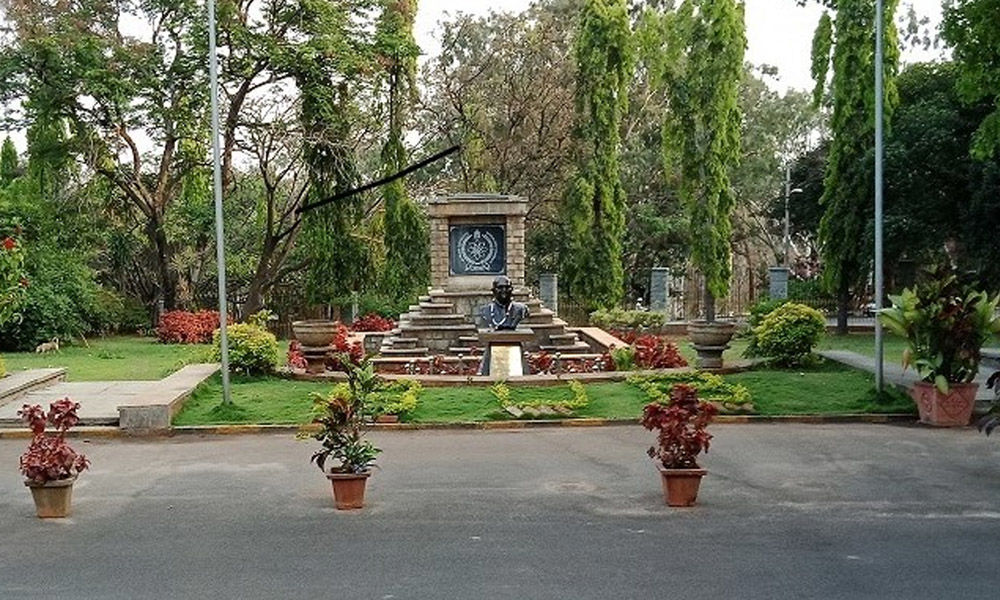To the dismay of activists, students, professors and neighbourhood walkers, 17 acres of the green space inside Bangalore University’s Jnanabharathi is being cleared to make two new buildings.
According to a report by The News Minute, the part of the bio-park has been allocated for University of Yogic Sciences and to the Central Board of Secondary Education (CBSE) to build a Centre for the organisation in south India.
Activists, students, professors and neighbourhood walkers have raised questions on why vacant government land could not be used for the project, considering that the area is one of the last few biodiversity-rich college campuses remaining in the country.
‘The entire Bangalore University had been declared as Biodiversity Park by the Government of Karnataka in 2017 and had been communicated to the Bangalore University. Keeping this in mind 14 additional bio-park patches have been developed by individuals and non-government bodies,’ TJ Renuka Prasad, former coordinator of the bio-park and a professor at the university, was quoted as saying by the media.
Set up in 2001, the 100-acre park is home to 600 species of endangered species trees, most of which are anti-viral, Prasad said. ‘To destroy them during the COVID-19 pandemic is criminal,’ the professor added.
According to Joseph Hoover, a former member of the State Wildlife Board and a green activist, activists have said that in addition to the endangered trees, the park is also home to 148 species of butterfly and 149 species of birds and other animals.
Work has already begun in the first of the 14 additional patches of the park.
‘We had created Bengaluru’s largest carbon sink with over 25 years of hard work. Neither the state government nor the university has spent a rupee on it. People have contributed and participated in planting. We cannot lose this lung space,’ Yellappa Reddy, former top IFS officer and founder of Bangalore Environment Trust, said.
Also Read: Death Toll Hits 35 As Wildfires Continue To Rage In US West Coast










